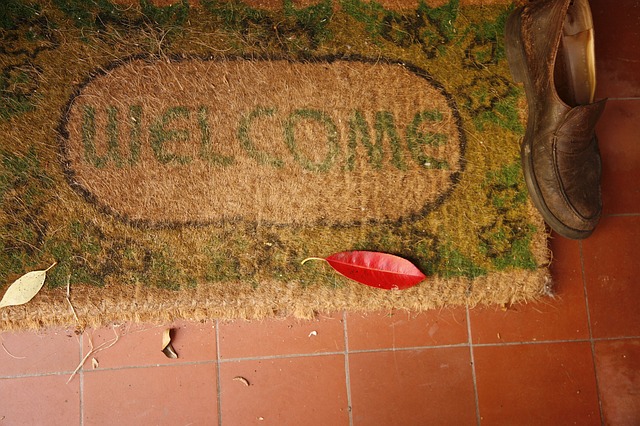
Many of us are disconnected, lonely, and isolated even though we’re surrounded by neighbors, strangers, and living, breathing human beings all around us. My husband and I recently attended a meeting in Denver called “Reimagining Neighborhoods” where Tim Soerens and Paul Sparks, in partnership with the Navigators, discussed this issue. As the writers of the book The New Parish and founders of The Parish Collective , they challenged us to seek community right where we live.

The evening opened with a short film about neighboring well; then several individuals shared tales of intentionally pursuing relationships with people outside their immediate comfort zones. One man told of seeking out his “third place” (besides work and home) where he has developed relationships over time by frequenting a Thai restaurant.
Another woman mentioned that her dogs help her make connections, but also shared how their neighbors enjoy a fantasy football league, a fire pit-in-the-driveway tradition on Halloween, and use Facebook to promote neighborhood gatherings. Another described their neighborhood as “a place where I belong” and someone else said “cultivating a life in common” was of utmost value to them. The speakers shared about other friend’s involvement in farmers markets, coffeehouses, garage sales, community gardens, and giving away popsicles, dessert, or meals in the local park.
After these individuals shared about their experiences with opening their homes and intentionally seeking community among their neighbors, Tim Soerens began his talk with a quote from William Blake: “We become what we behold.” He described our small, faithful actions of simply showing up in our relationships with the people around us. He talked about healing democracy not by starting from the top, but from the bottom—in our homes, workplaces, neighborhoods and cities. Soerens said, “all the systems that shape us—we’re also called to shape them as well.”

Paul Sparks said we know the gospel has broken through and shalom has prevailed when the world can look at Christians and be struck by our love for one another. He quoted Manuel Castells, who talks about the “space of flows,” where people often miss one another in a life of busyness and movement. Sparks has visited many communities where people are experimenting with good news, and when he visits, he often looks for ways the community is solving conflicts and diving deeper into humility and grace for one another. He concluded by saying that this commitment to learning how we belong to one another isn’t rocket science, but it does take commitment, presence, and a miracle, because “turning to face one another takes divine grace.”
During our short discussion time at the end, one woman pointed out that this all seems so obvious, and yet in our culture of disconnection, individualism, and independence, we almost need to re-learn how to be humans with one another.
Finding connection right where we are is both the easiest and most difficult way to cultivate community. It requires intentionality, availability, and humility. And yet I believe there’s a movement of God to stop leaving “ministry” and movements to clergy and missionaries, and remind us we are already standing on holy ground—even if that ground is our rock-covered lawns (like in Colorado where I live), our third floor apartment buildings, or our ranch in the country. God wants us to notice the people right around us—look them in the eye, speak to them, and remember that we—and they–are not alone after all. When we begin to reimagine our neighborhoods, we begin to reimagine God’s vision for a connected kingdom.
Resources:
Parish Collective: You can learn more about Parish Collective here. Parish Collective identifies, connects, and resources followers of Jesus that desire to grow the fabric of love and care in, with, and for the neighborhood.
Book List: Their website also links to a fabulous list of books relating to developing community, relationships, and neighboring well.
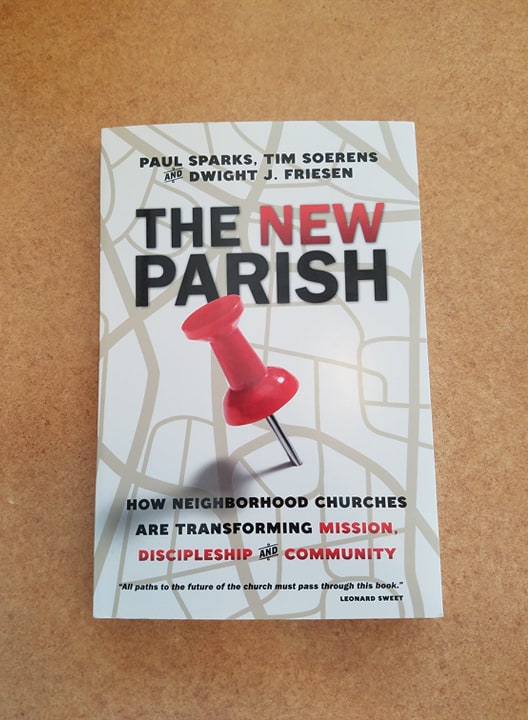
The New Parish Book: Check out the book The New Parish: How Neighborhood Churches are Transforming Mission, Discipleship, and Community, by Paul Sparks, Tim Soerens, and Dwight J. Friesen (IVP). About the book: “Paul Sparks, Tim Soerens and Dwight J. Friesen have seen in cities, suburbs and small towns all over North America how powerful the gospel can be when it takes root in the context of a place, at the intersection of geography, demography, economy and culture.” (Amazon)
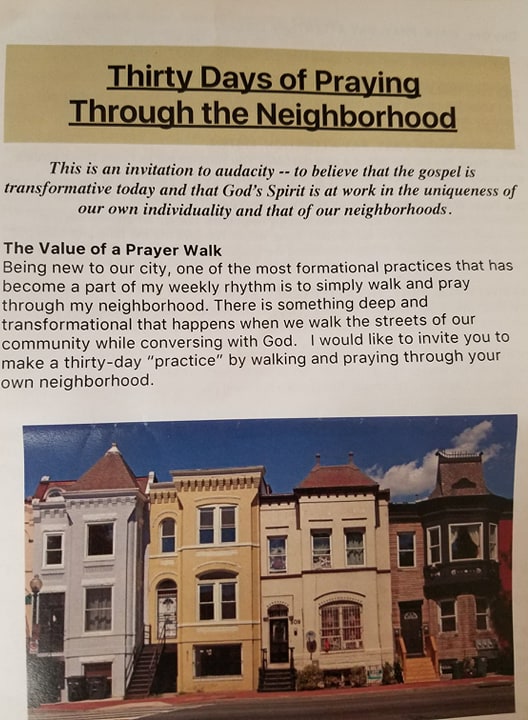
Prayer Walk Guide: The Navigators offered a brochure to do a prayer walk in your neighborhood. I couldn’t find that one online, but I did find this neighborhood prayer walk guide that also incorporates observation and accommodations for different seasons of the church calendar.
Sign up for the monthly-ish newsletter and I’ll send you a free list of hospitality resources!
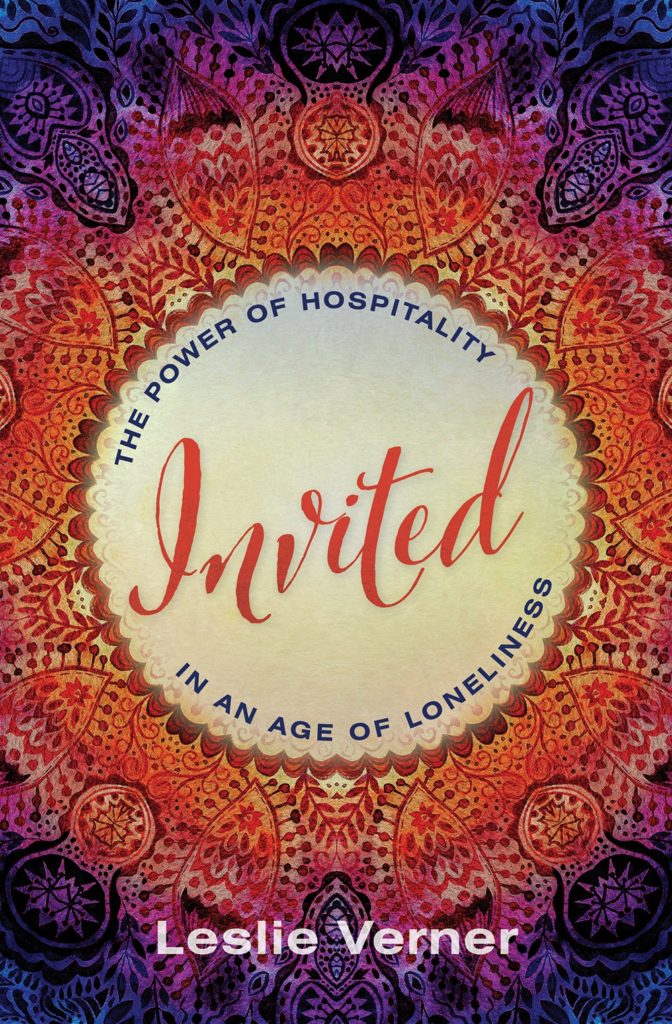
My new book Invited: The Power of Hospitality in an Age of Loneliness is now available for pre-order! You can read about the book as well as some of the advance praise for the book by visiting this page. Sign up for my newsletter above to keep up-to-date on pre-order bonuses, launch team, book recommendations, and more! The LAUNCH TEAM is open until Thursday, June 13th. You can sign up here.
Photo by Clayton Cardinalli on Unsplash
*This post includes Amazon affiliate links

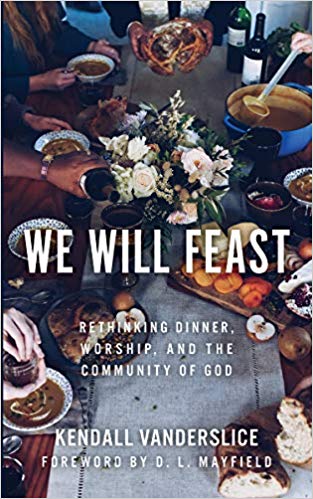

 Despite a deep desire to belong, Nicole Woo often finds life nudging her to the margins. She’s been the only girl on the team, the only public speaking teacher afraid of public speaking, the only Caucasian in the extended family photo, and the only mom who lets her kids drink Fanta. She calls the Rockies home, often pretending to be a Colorado native in spite of her flatland origins. Visit her blog at
Despite a deep desire to belong, Nicole Woo often finds life nudging her to the margins. She’s been the only girl on the team, the only public speaking teacher afraid of public speaking, the only Caucasian in the extended family photo, and the only mom who lets her kids drink Fanta. She calls the Rockies home, often pretending to be a Colorado native in spite of her flatland origins. Visit her blog at 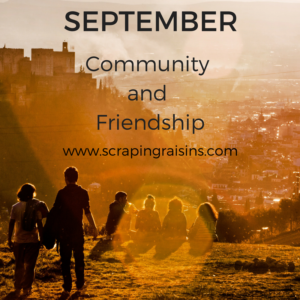 This month on Scraping Raisins we are talking about Friendship and Community. Be sure and subscribe to my newsletter or follow on social media so you don’t miss a post!
This month on Scraping Raisins we are talking about Friendship and Community. Be sure and subscribe to my newsletter or follow on social media so you don’t miss a post!
 Afton Rorvik savors words, flavored coffee, time outside, and living connected. Although an introvert, she has come to realize that what really matters in life is people and faith in Jesus, which gives her strength and courage to live connected. She is the author of
Afton Rorvik savors words, flavored coffee, time outside, and living connected. Although an introvert, she has come to realize that what really matters in life is people and faith in Jesus, which gives her strength and courage to live connected. She is the author of 

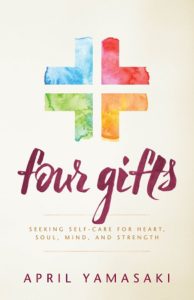
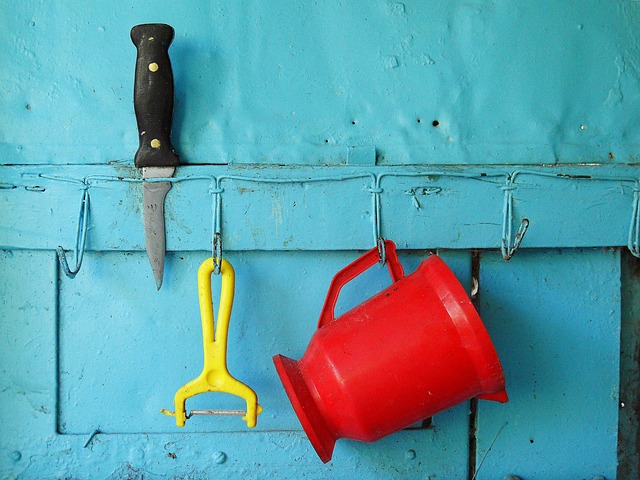
 Debbie loves, learns and lives in the East End of Glasgow, Scotland with her husband and two wee boys. People, food and stories are her favourites, preferably combined. She writes at
Debbie loves, learns and lives in the East End of Glasgow, Scotland with her husband and two wee boys. People, food and stories are her favourites, preferably combined. She writes at 

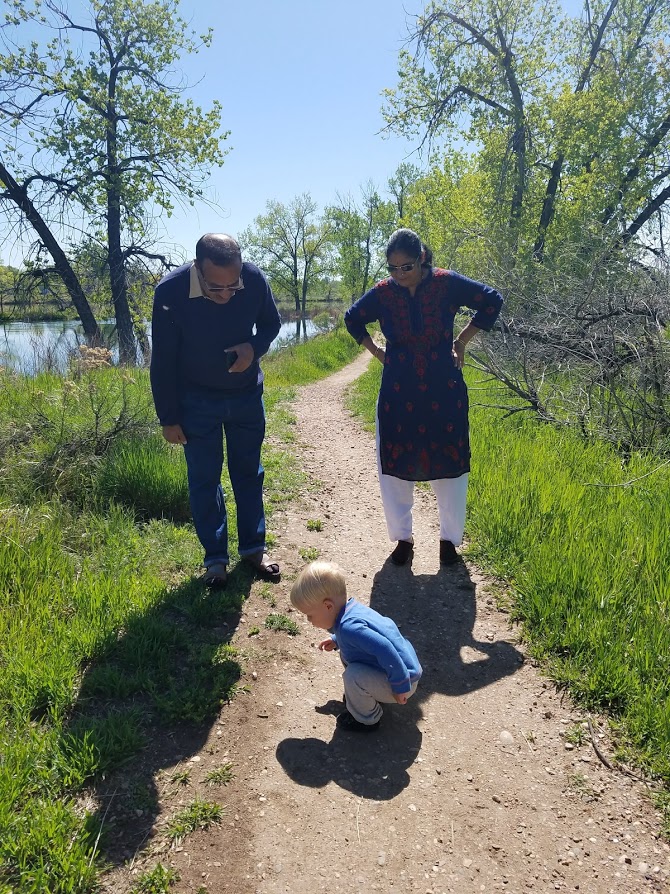
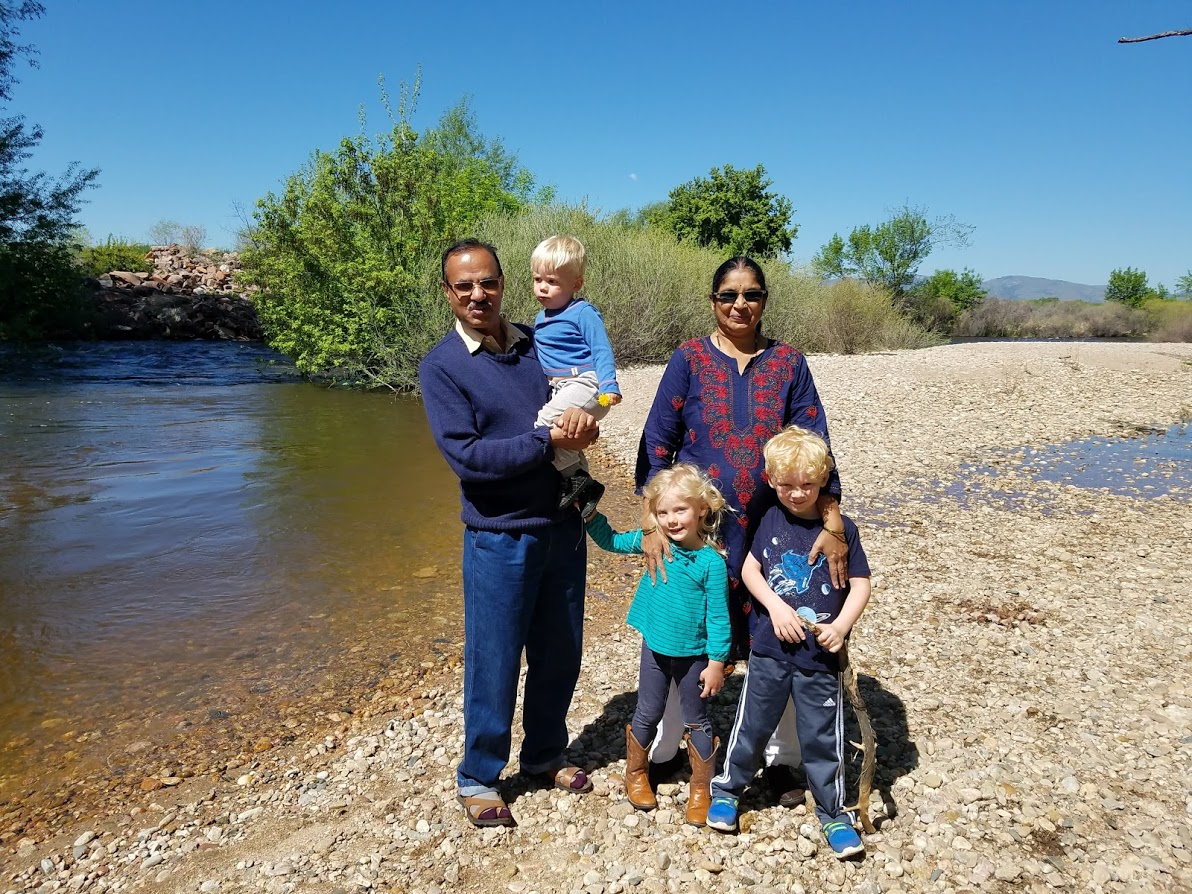
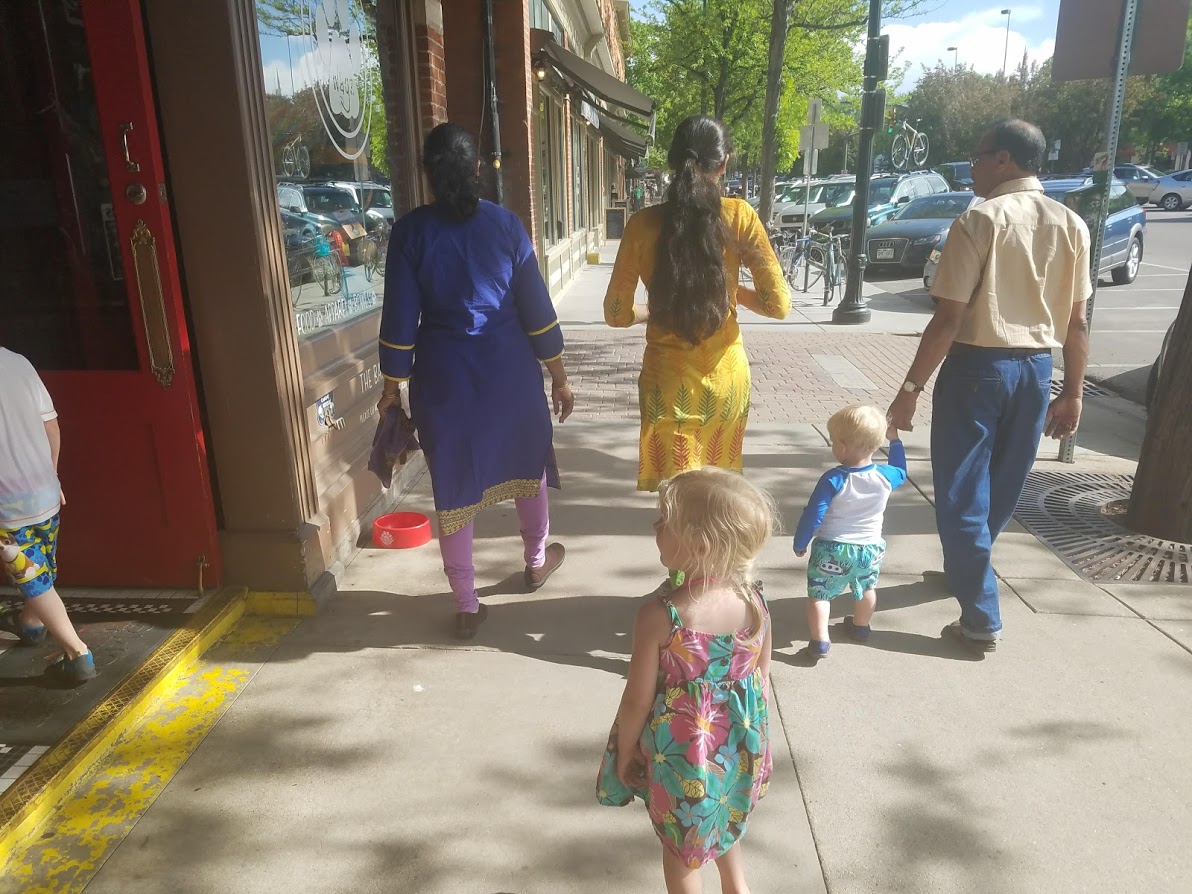


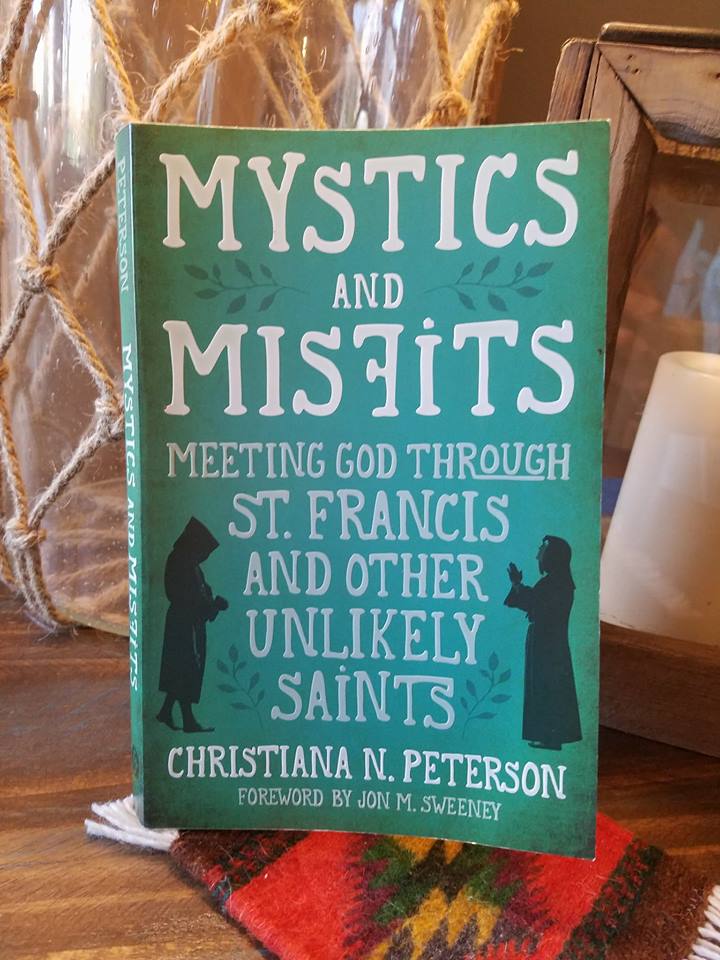
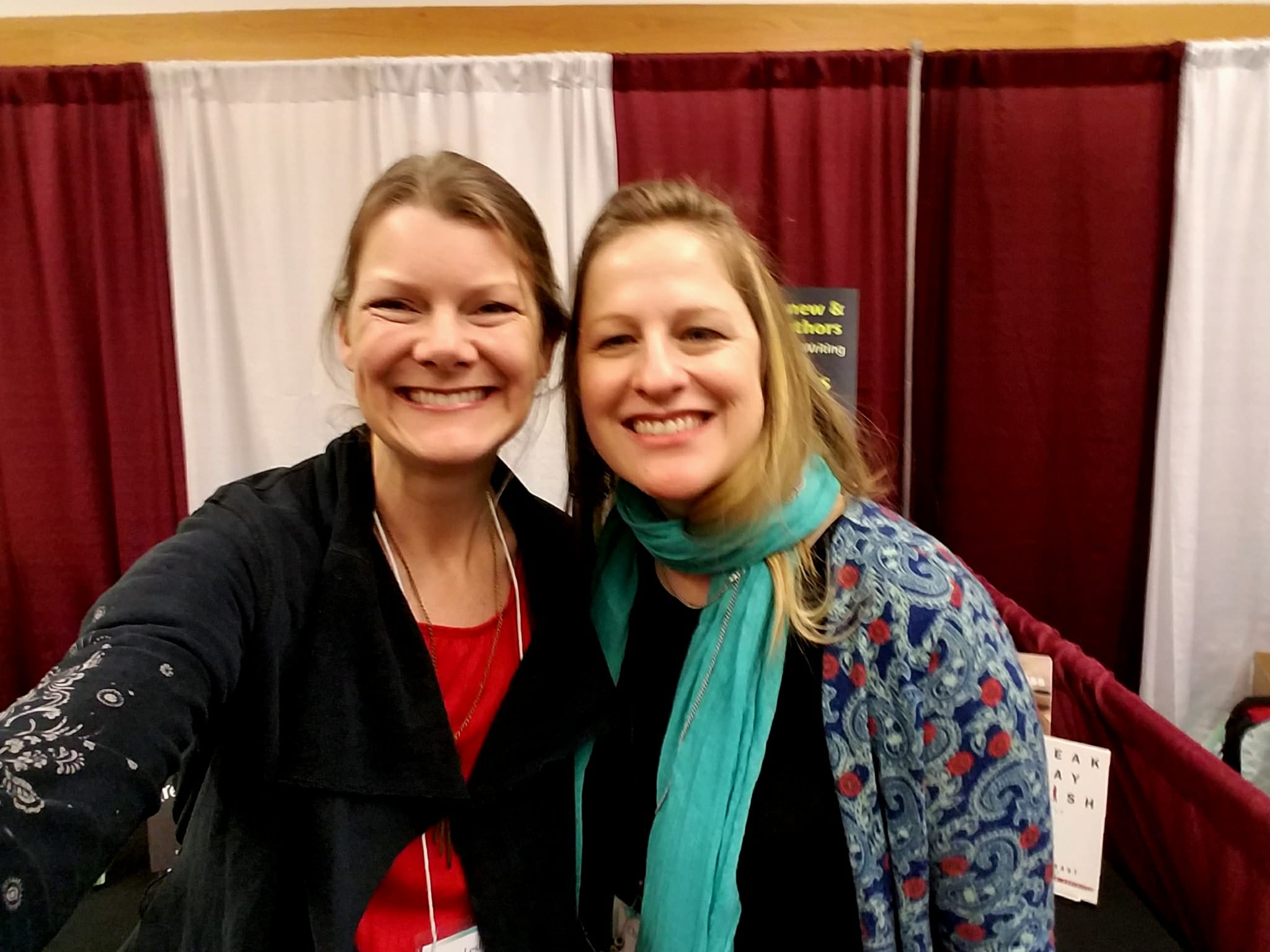
 Our theme for April is “Books and Writing,” and I hope to share my favorite books, podcasts and resources for new writers.
Our theme for April is “Books and Writing,” and I hope to share my favorite books, podcasts and resources for new writers. 

